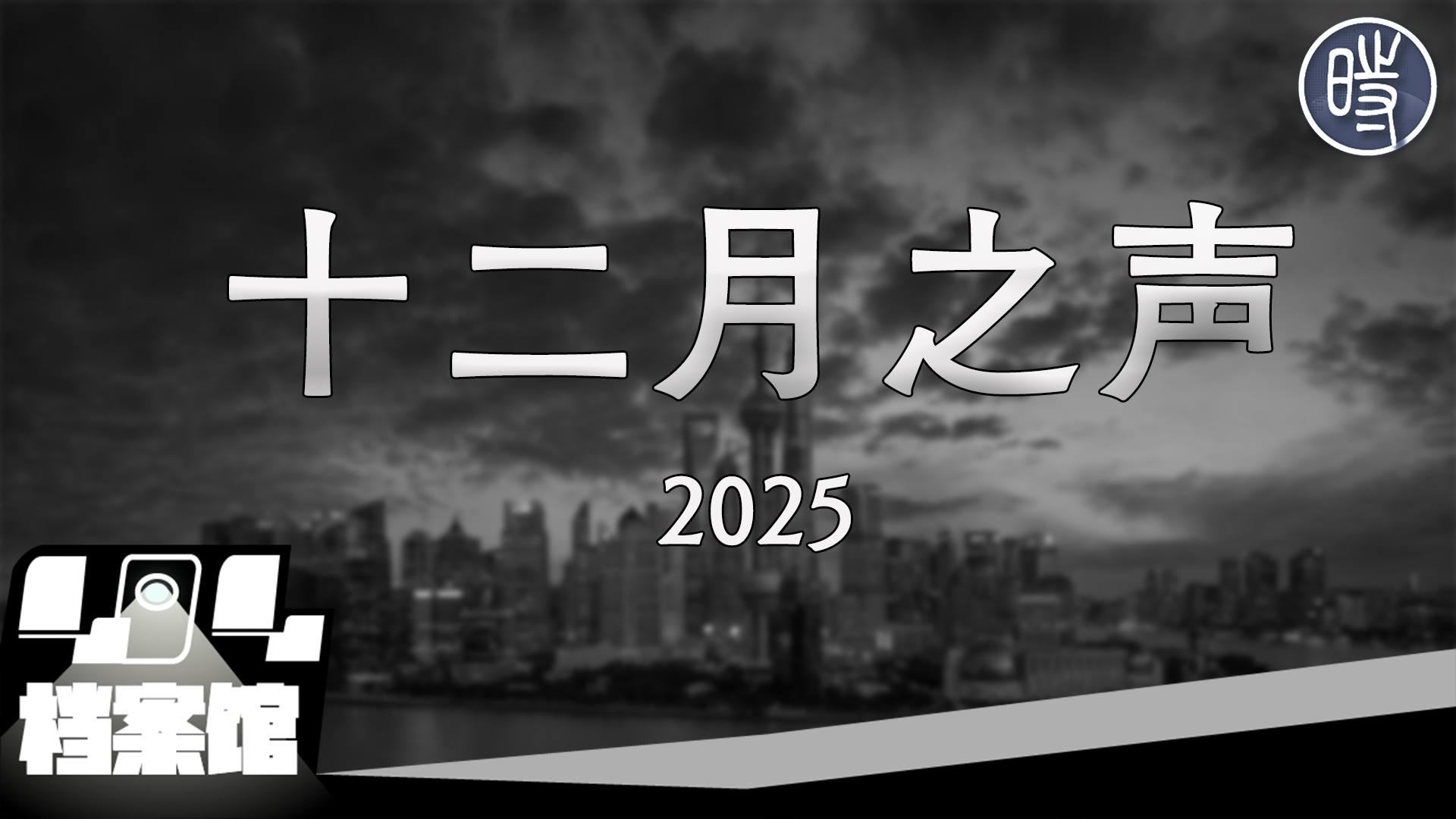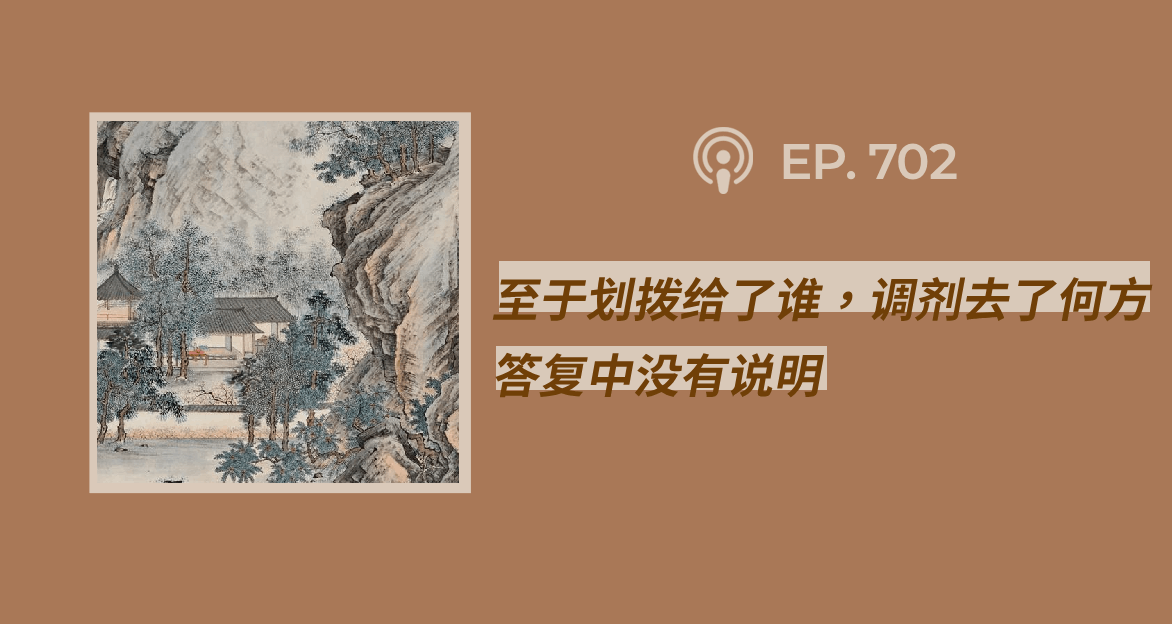http://cmp.hku.hk/2012/01/16/18013/
Posted on 2012-01-16
Looking back at China’s internet in
2011, there were three broad trends that deserve greater attention. The first
trend was a general shift from emotionally-driven nationalist chatter as the
defining tone of China’s internet toward a more basic attention to issues of
public welfare. The second was the rise of what we can call the “social power
of the internet” (网络社会力).
And the third trend was a more pronounced deficit in understanding on the
government’s part about the role it should play in a networked society. While
it became readily apparent, that is, that we now have a networked civil society
in China, it became clearer at the same time that we lack government
administrators who are internet literate (网络化的治理者).
The Turn from Online
Nationalism
Nationalism has been a defining issue
on China’s internet since the very beginning. For example, People’s University
of China professor Peng Lan (彭兰)
has argued that one landmark event in the emergence of online public opinion in
China [as a social force] was internet-based opposition by the international
Chinese community (including mainland Chinese) against attacks on
ethnic Chinese during the Indonesian riots in May 1998.
In “The Glory and Promise of Online
Public Opinion” (网上舆论的光荣与梦想),
written by Lin Chufang (林楚方)
and Zhao Ling (赵凌) and published in Southern
Weekly on June 5, 2003, the authors argued that, “The turning-point
date when domestic [Chinese] web platforms were used to voice public opinion
was May 9, 1999, when People’s Daily Online opened up a forum to rally
opposition to the bombing of the Chinese embassy in Belgrade by NATO forces.
This was the first current affairs news-related forum to be opened up by the
website of a traditional media outlet.”
Nationalist sentiment has long
persisted as a perennial hot topic on China’s internet. Issues like
Sino-American relations, Sino-Japanese relations and the question of Taiwan
have always invited fierce activity on the internet in China, even sometimes
setting off mass rallies offline. This trend has been noted frequently by
observers outside China. The Economist magazine even at one
time devoted a sub-headed section to China’s “online nationalism” in a report
on the digital era nationalism called “Cyber-nationalism: The Brave New World
of E-Hatred”.
The nationalist trend online peaked
in 2008 following March riots in Tibet that year, and in the midst of the
international torch relay for the Beijing Olympics. That time marked an
unfortunate setback in the relations of China and the West, ushering in a
deeper sense of isolation in China that threatened to push China into a more
protective and less open posture. This is an ongoing issue, and if the West
continues to take an antagonistic attitude toward China’s rise, it is conceivable
that China could be pushed back further, even onto its old path of isolation
and decline.
The successful hosting of the Beijing
Olympics in 2008 was a symbolic moment for China’s rise, and a moment of deep
pride for Chinese. But just as the curtain closed on the Olympics, the
revelation of widespread melamine contamination throughout China’s dairy
industry, a scandal directly impacting millions of Chinese families, came a
jarring reminder that external glory cannot disguise internal decay. The impact
on Chinese society and on the country’s manufacturing sector was profound. The
widespread sense of debilitating setback was conveyed by Chinese internet users
in a vivid couplet:
We labor half a year to
turn a new page, 辛辛苦苦大半年,
And in a single night are returned to the pre-Olympic age. 一夜回到奥运前.
Ever since that time, the confident
tone of a China rising has flattened into notes of sorrow among Chinese.
Shanghai successfully hosted the World Expo in 2010, but quite quickly came
news of a disastrous fire in Shanghai that claimed 58 lives and injured scores
of others. Just as in the eyes of some the so-called China Model was in its
flushest moment of success, even meriting emulation by other countries, the
high-speed rail collision last summer completely annihilated this fantasy.
People started questioning whether
this was really a model at all. Online public opinion grew
turbulent, and one user famously wrote: “China, please slow your soaring steps,
wait for your people, wait for your soul, wait for your morals, wait for your
conscience! We don’t want train collisions or bridge collapses. We don’t want
our roads becoming pitfalls, or our homes becoming deathtraps. Move more
slowly. Let all lives enjoy freedom and dignity, so that no one is cast aside
by the times, so that every person can reach our destination smoothly and in
peace.”
Many people still sympathetically
push for greater Chinese nationalism, calling for a stronger China. But ever
since 2008 the trend has been for nationalistic agendas to take a back seat to
agendas relating to the welfare of the people. As social tensions in China have
grown more serious, Chinese have devoted more attention to social development
issues that are more concretely relevant to their lives. As the anniversary of
Japan’s invasion of China approached in 2010, the mood at Sina Weibo, one of
China’s top social media platforms, was extremely tense — the fear being that
Chinese might try to organize anti-Japanese rallies, drawing the ire of the authorities
to the Sina Weibo platform itself, which at the time was merely a “beta
version” and could be shuttered at a moment’s notice.
In the end, “September 18″, this date
that had erstwhile been so sensitive, never became a major topic of discussion
on Sina Weibo in 2010. Instead, the hottest discussion centered on the Yihuang
self-immolation case in southern China’s Jiangxi province, a
case exposing the evils of forced property demolition in China and lack of
rights protection.
Clearly, the winds are changing. When
you cannot find safe milk for your child to drink, when their school buses are
hazardous, when you worry that you might be exposed to dangerous recycled
cooking oils if you go out to a local restaurant, when the city where you live
is choked with pollution and you have no idea what the actual PM2.5 measures
for the most dangerous air particles are, the question that possesses you above
all else is what direction Chinese society is heading. You care more about how
the people of China can enjoy lives of peace and prosperity, and less about the
murderous logic of the Boxer Rebellion. [NOTE: Hu is suggesting here that
trends of extreme nationalism in China are marked with the same sort of
anti-foreign violence seen during the Boxer Rebellion.]
Online Social Power
Emerges
The second trend in 2011 was the
growing maturing of what we can call “online social power” (网络社会力). Since the 1970s, researchers in China have talked about the need to
encourage the development of non-governmental organizations, to move away from
urban communities based on the old work unit system and to carry out other
social reforms in order to find new points of development. Today we can say
without hesitation that an independent and richly participatory civil society
is emerging on China’s internet. The internet in China today has quite a
different political function from what we see in countries with relatively full
political freedoms. The internet cannot usher in dramatic change to political
life in China, but it can promote the creation of social capital on the basis
of citizen rights and duties, giving rise to and strengthening social forces
independent of the Chinese state.
China is entering an era of “rights.”
Farmers, workers and an newly-emerging middle class are all fighting for their
civil rights. Since the 1990s, along with a number of “important turns and
other reversals” (Sun Liping’s phrase), there has been a clear expansion of
social conflict and opposition in China, both in terms of frequency and scale.
Researchers have observed that perhaps one of the most apparent new
characteristics of this [social unrest] is the use of sophisticated electronic
technologies, which enable protesters to connect more readily and make it
possible also to communicate with media and supporters in the international
community.
Thanks to technology, new social
relationships and bonds are forming in China, and new forms of mutual interest
taking shape. As a direct result, the mobilization capacity (动员能力) for related social movements has increased. The recent Wukan incident in
Guangdong is a prime example of this trend.
The efforts by Chinese to fight for
their civil rights are of course tied up with efforts to fight for their right
to information. In the broadest sense, the right to information means the
freedom to converse, connect, gather and coordinate without fear. These rights
are the same rights guaranteed through the human rights documents of the United
Nations and the constitutions of various countries, all of which collectively
affirm the right of citizens to access and share information. For
example, Article 19 of
the Universal Declaration of Human Rights affirms that:
“Everyone has the right to freedom of opinion and expression; this right
includes freedom to hold opinions without interference and to seek, receive and
impart information and ideas through any media and regardless of frontiers.”
In terms of basic rights on the
internet, an international consensus has already emerged, including a firm
commitment to freedom of access and the freedom to share information (发布自由). Internet rights, therefore, already exist as a matter of convention
within the [international] political context, where many people argue that the
same standards of freedom and human rights that operate offline apply to the
online environment as well.
Lacking a Networked
Mindset in Governance
This brings the third trend that has
become clearer in China’s online public opinion environment. This is that while
we already have a networked civil society in China, we continue to lack a
networked leadership — which is to say a government that understands and
accommodates the internet on its own terms.
The internet naturally generates
knowledge and value from the end user and not from centralized gatekeepers —
and the right to connectivity, use and dissemination are to a great degree
built into the fabric of the internet. For this reason, the building of
internet governance policies should proceed along the same lines, raising
competition, encouraging innovation, permitting free expression, raising
credibility, all with minimal government interference.
Unfortunately, internet governance in
China at present goes entirely against these principles. If China’s internet is
to continue to develop, internet users and the government will have to work
together toward mutual interests, jointly formulating principles [for internet
use and development].
For the government’s part, it must be
clear that web users are not only to be monitored but also to be served — that
in fact the principal attitude must be one of service. A totalistic approach
[to internet governance] by the government will only engender an internet mob (暴民型网民), while service-oriented [internet governance] will foster a population
of responsible internet users. For the government’s part, building a networked
society requires first and foremost a change of attitude in governance, a
transition from totalistic governance (全能政府) to service-oriented governance (服务型政府).
In such a government approach,
internet-related problems should be solved in a “web
user–market–society–government” sequence. Issues, that is, that web users can
solve themselves should be solved by web users; issues web users cannot solve
on their own that can be solved by the market should be solved by the market;
issues that the market cannot resolve and that can be resolved by society
should be resolved by society; for issues that cannot be resolved by society,
the government should step up to offer services and guidance.
A service-oriented government does
not mean entirely eliminating controls, only that controls are implemented for
the sake of service, not for the sake of controls themselves. Such controls
would be restricted the law, with a fixed scope and procedures and a clear
system of responsibility.
When people are denied the
opportunity to participate in the formulation of rules, these rules lose
acceptance and credibility, and stability is difficult to achieve. This
principal is as true online as offline.
It is impossible for the government
to serve as the only source of public administration (公共治理者) in an atmosphere as complex and diverse as China’s today. The government
will have to coordinate with non-governmental organizations, social groups and
the public to better manage public affairs. And in the same way, an approach to
internet governance based on serving the interests of web users would
necessitate a fundamental change in the government’s role.
Drawing hundreds of millions of
Chinese web users into the process of internet governance requires, first of
all, respect for the basic rights of Chinese internet users. The benefits for
China in such a shift would be substantial. Chinese internet users today are
not unlike Chinese farmers thirty years ago, or township and village
enterprises twenty years ago, capable of unleashing immense [productive] forces
outside the state system (非体制的力量).
This commentary was
translated and edited from a piece originally appearing
in China Newsweekly magazine on January 13.
本文由自动聚合程序取自网络,内容和观点不代表数字时代立场













